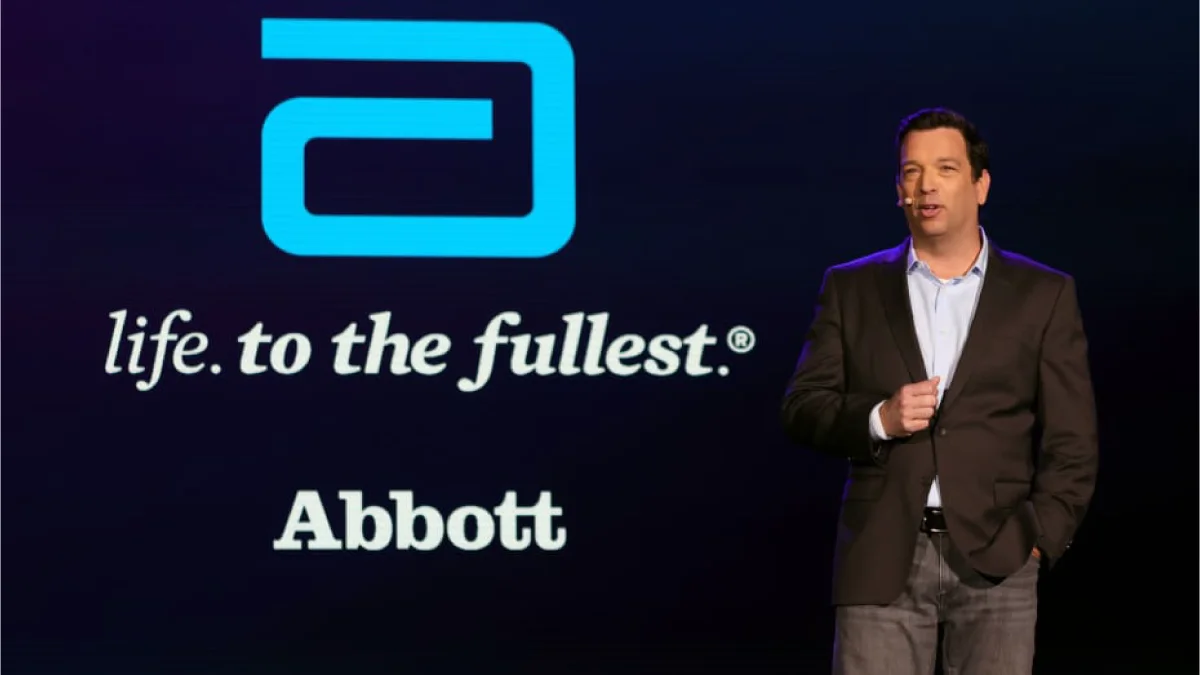Necessary Always Active
Necessary cookies are required to enable the basic features of this site, such as providing secure log-in or adjusting your consent preferences. These cookies do not store any personally identifiable data.
|
||||||
|
||||||
|
||||||
|

The FDA has approved Abbott’s continuous glucose monitors (CGM). CNBC reported that Abbott laboratories announced receipt of the approval on Monday. The Abbott FDA approval covers two new over-the-counter glucose monitors.
CGMs are small sensors that patients poke into the skin. Doctors consider them as critical tools for monitoring glucose levels.
“Continuous glucose monitors are a tool I recommend to my patients to raise their overall awareness of factors that affect their glucose. They are an invaluable holistic wellness solution,” Fred St. Goar, MD, Cardiologist, and Medical Director of El Camino Health and Vascular Institute, said in a statement.
CGMs monitor glucose in real time. The monitors send data wirelessly to a smartphone. Diabetic patients use CGMs frequently. The technology alerts users, their families, and doctors in case of emergency.
One of the FDA-approved Abbott glucose monitors is the Libre Rio. Abbott targets patients with type 2 diabetes who manage the disease by modifying their lifestyle. These patients are not dependent on insulin. The approval of Libre Rio makes the CGM accessible to over 24.5 million patients with type 2 diabetes.
“There is no one-size-fits-all approach for glucose monitoring, which is why we’ve designed different products for different people—all based on the same world-leading bio-wearable technology. People living with diabetes need certain features like tracking medications or sharing data with a healthcare provider,” Abbott’s Executive Vice President, Lisa Earnhardt said in a statement.
The second glucose monitor in the Abbott FDA approval is the Lingo. It’s designed for use by people who are not diabetic. It can be used to monitor glucose levels. It also provides users with personalized information to improve their well-being.
“People without diabetes need different features to manage their metabolic health, including personalized coaching to promote actionable lifestyle changes,” Earnhardt added.
Abbott says that Lingo users will have a biosensor on for 14 days at a time. Place the biosensor on the upper arm. Users can track glucose data using a coaching app. They’ll access tailored health coaching based on the data.
The company says this will let them retrain their metabolism. It will also improve their well-being.
In his statement, Dr. Goar added, “Research has shown that overall lower glucose exposure in the general population is associated with reduced long-term risk to developing cardiovascular disease, diabetes, Alzheimer’s and certain cancers.”
He said making CGMs widely accessible will have a big effect. It will boost people’s well-being.
Abbott’s CGM approval lets the company tap a big market. Currently, 6 million patients across 60 countries use CGMs. In the U.S. alone, an estimated 38.4 million people are diabetic. The company brings its technology to a larger audience with its Abbott approval libre-rio-lingo CGMs.
Companies such as Signos use CGMs in weight loss and metabolic health programs. Users must have a CGM prescription to access those programs. The new Abbott glucose monitors are the first to be available without a prescription. This alone will make them accessible to a huge market.